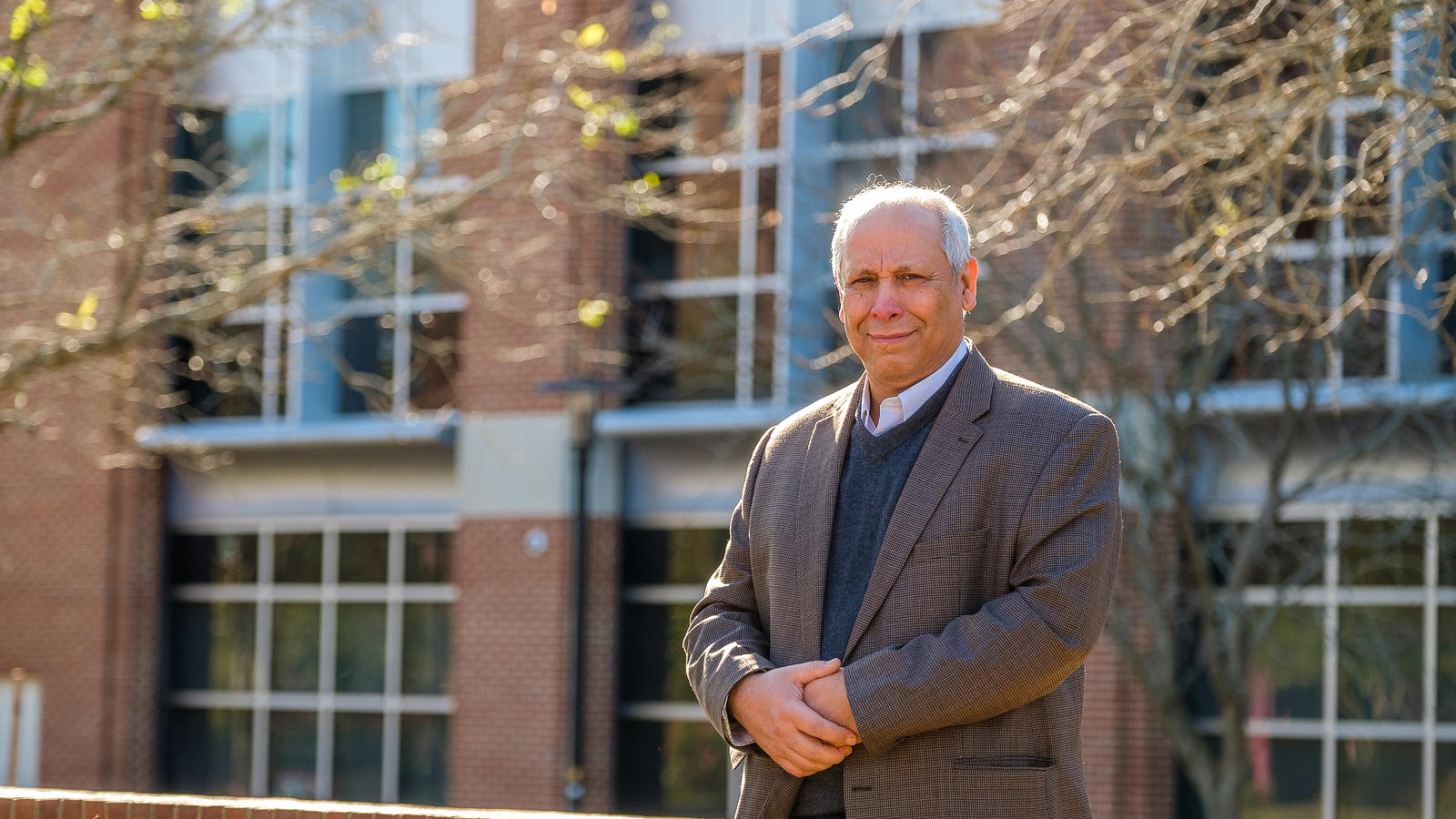North Carolina Central University (NCCU) Mathematics and Physics Department researchers received $3 million from the National Nuclear Security Administration to develop better materials and sensors for early detection of defects in nuclear facilities as they age.
Principal investigator Abdennaceur Karoui, Ph.D., will lead a consortium of research teams in the project involving faculty and students from three public historically black universities: NCCU, Elizabeth City State University and Southern University at Baton Rouge.
“This project will extend the reach of our research teams at NCCU and enrich the experience of students by their exposure to the scientists at our partner universities,” NCCU Chancellor Johnson O. Akinleye said. “The opportunity to conduct research at the Alamos National Laboratories and Sandia National Laboratories through this initiative will propel more of our Eagles to enter the field.”
The consortium is intended to broaden the pipeline of research and development opportunities for minority students in STEM, while enriching the educational experience at all three universities and helping the National Nuclear Security Administration, an agency of the U.S. Department of Energy, improve the quality of nuclear threat detection.
The NCCU team will be examining nanomaterials such as alloys for a composition that is lightweight yet hard enough to withstand the impact of nuclear radiation and other stressors.
“The super alloys are very important for nuclear infrastructure, as well as for outer space exploration,” Karoui said.
New sensors will connect directly to the surface of the nuclear infrastructure to monitor against failure, he explained.
“They constantly monitor the health of the infrastructure,” Karoui said. “If anything happens, the sensor will feel it immediately and provide an early warning.”
NCCU professors of physics Branislav Vlahovic, Ph.D., and Alede Tokuta, Ph.D., are serving as co-PIs for the project, formally known as the Consortium for Nuclear Security Advanced Manufacturing Enhanced by Machine Learning.
Students involved in the program will be able to develop their skills in machine learning research for materials sciences and engineering as well as have opportunities to participate in summer research at the national laboratories, gaining experience that could lead to a career in materials science, advanced manufacturing, nuclear science, and many other fields
NCCU leads $3M effort to create early-detection devices for nuclear industry
